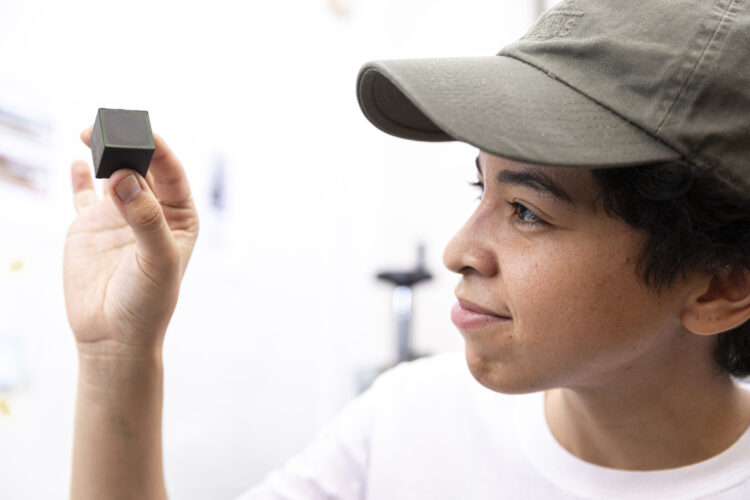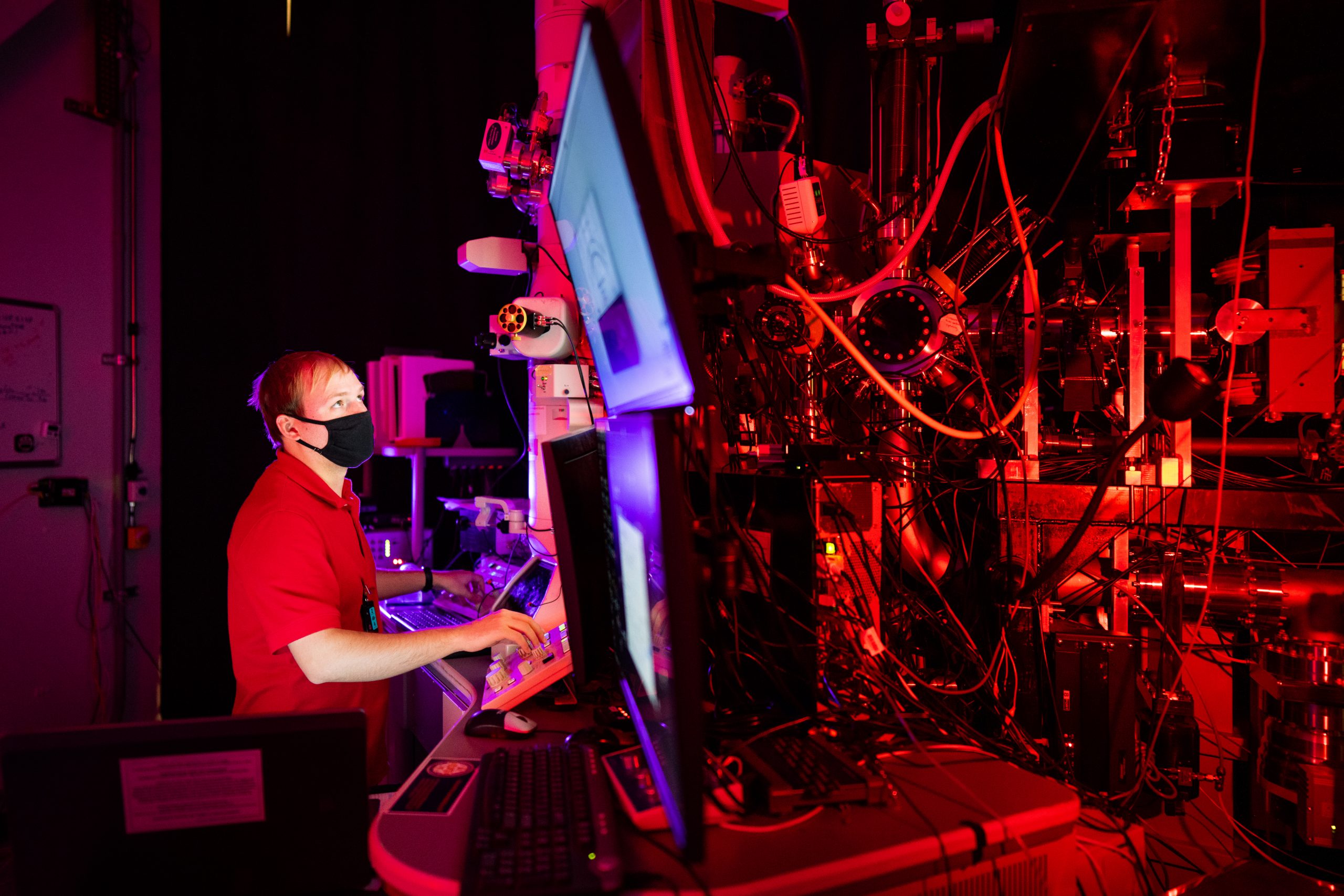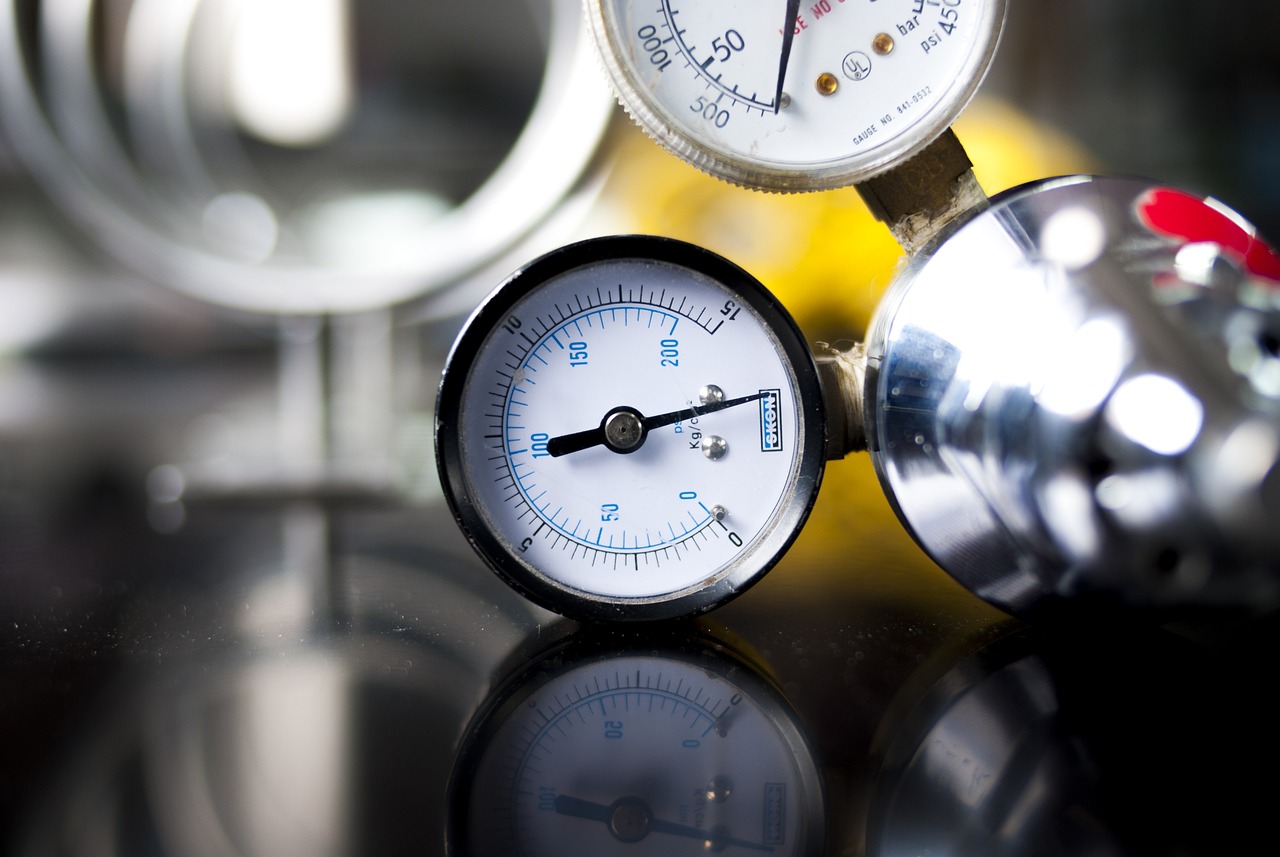BYD, China’s dominant electric vehicle (EV) manufacturer, has recently announced an ultra-fast charging system that is capable of delivering a full charge as quickly as a fill-up at the pumps.
According to the China energy and auto giant maker, its flash chargers can provide a full charge for its latest EVs in a mere five to eight minutes, which is similar to the amount of time needed to fill a fuel tank at the pumps.
This development has the potential to change the landscape of the electric vehicle market and even challenge the dominance of established players like Tesla. Also in the announcement, BYD said it plans to build more than 4,000 new charging stations across China.
Charging time and limited ranges have been major factors for users to switch from gas and diesel vehicles to EVs. To directly address charging time, the Chinese company has been defining its battery and energy storage technology, with its 1-megawatt flash chargers providing power for 400 kilometers (nearly 250 miles) in five minutes.
In an announcement, BYD’s founder Wang Chuanfu said ultra-high voltage and a large current are required to maximize charging speeds.
To achieve this, the company’s flash-charging system relies on silicon carbide power chips with voltage levels of up to 1,500V that it developed on its own. Tesla opted to use BYD’s blade lithium-ion phosphate battery in some of its EVs, perhaps demonstrating its safety and efficiency.
BYD began manufacturing batteries and enhanced its technology while building an auto empire that is expanding outside China, where government support for EV adoption is strong and the demand for electric vehicles is rapidly increasing.
Although there’s an obstacle in charging time, Chinese drivers have embraced that change, with sales of battery-powered and hybrid vehicles jumping 40% last year.
According to a report from BYD, the company made just over 4.3 million new energy vehicles last year, up 41% from a year earlier, including 1.8 million battery electric vehicles and 2.5 million plug-in hybrids. The Chinese company produced 1,777,965 battery-powered EVs in 2024, while Tesla produced 1,773,443.
As rivals such as BMW, Volkswagen, and BYD gained market shares with competitive EVs, the U.S. EV maker’s sales dropped in 2024, a first in more than a dozen years.







